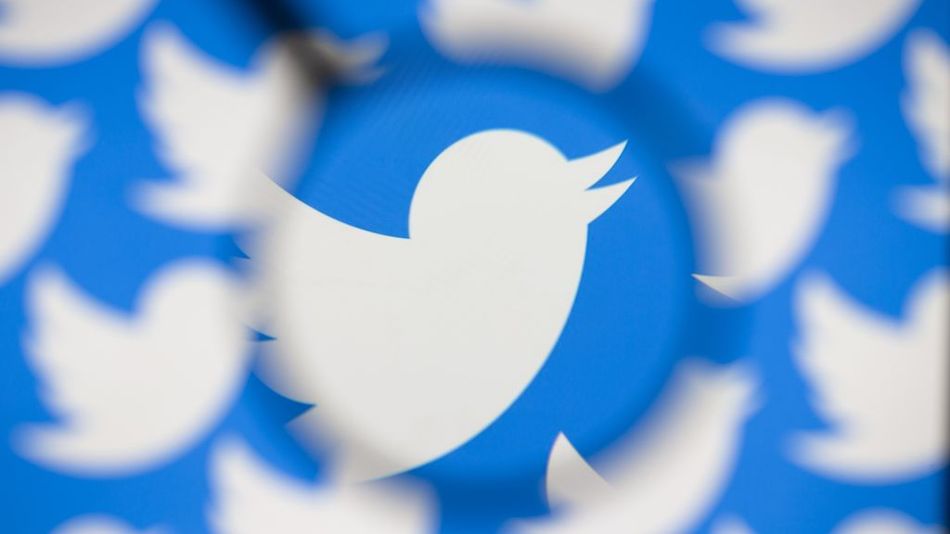
Image: Aytac Unal / Anadolu Agency / Getty Images

Follow @https://twitter.com/PCMag
PCMag.com is a leading authority on technology, delivering Labs-based, independent reviews of the latest products and services. Our expert industry analysis and practical solutions help you make better buying decisions and get more from technology.
Twitter this week announced a new feature that lets folks save tweets as a draft and schedule posts for a later time or date. What began as an experiment last fall is now rolling out to all main web app users.
Tweetdeck and other third-party platforms have long offered the ability to write now and post later. Twitter only jumped on the bandwagon in November, when a small subset of users gained access to the feature. Six months later, all Twitter users have access to the feature.
It’s easy enough to do: When composing a tweet, look for the calendar icon (next to the emoji symbol) and click to specify when you want your tweet to launch; choose a date, time, and timezone, then tap Confirm and Schedule.
The microblogging site also introduced the option to save draft tweets. Using the web app, simply tap X and Save, then, when you’re ready, click Unsent Tweets (which also houses scheduled updates) to open TBC messages. Continue crafting your post to send immediately or schedule it in for later. As of now, tweet drafts saved on desktop or mobile web are accessible via desktop or mobile web only; unfinished thoughts do not currently sync across platforms.
It’s been a rough week for Twitter, which, for the first time on Wednesday, fact-checked Donald Trump’s tweets, sending the president into a fury that resulted in an executive order to regulate U.S. social media companies. The goal, according to the Trump administration, is to amend an existing law shielding internet companies from lawsuits over illegal or objectionable content.
CEO Jack Dorsey, meanwhile, promised that Twitter won’t back down from verifying misleading tweets. “We’ll continue to point out incorrect or disputed information about elections globally,” he wrote in a Thursday tweet. “And we will admit to and own any mistakes we make.”
This article originally published at PCMag
here
